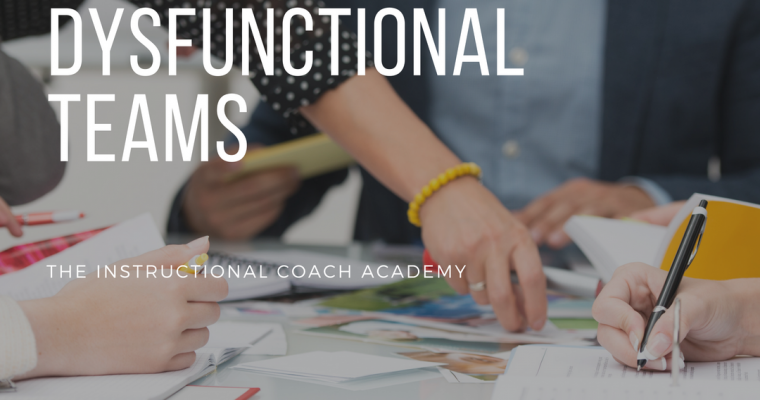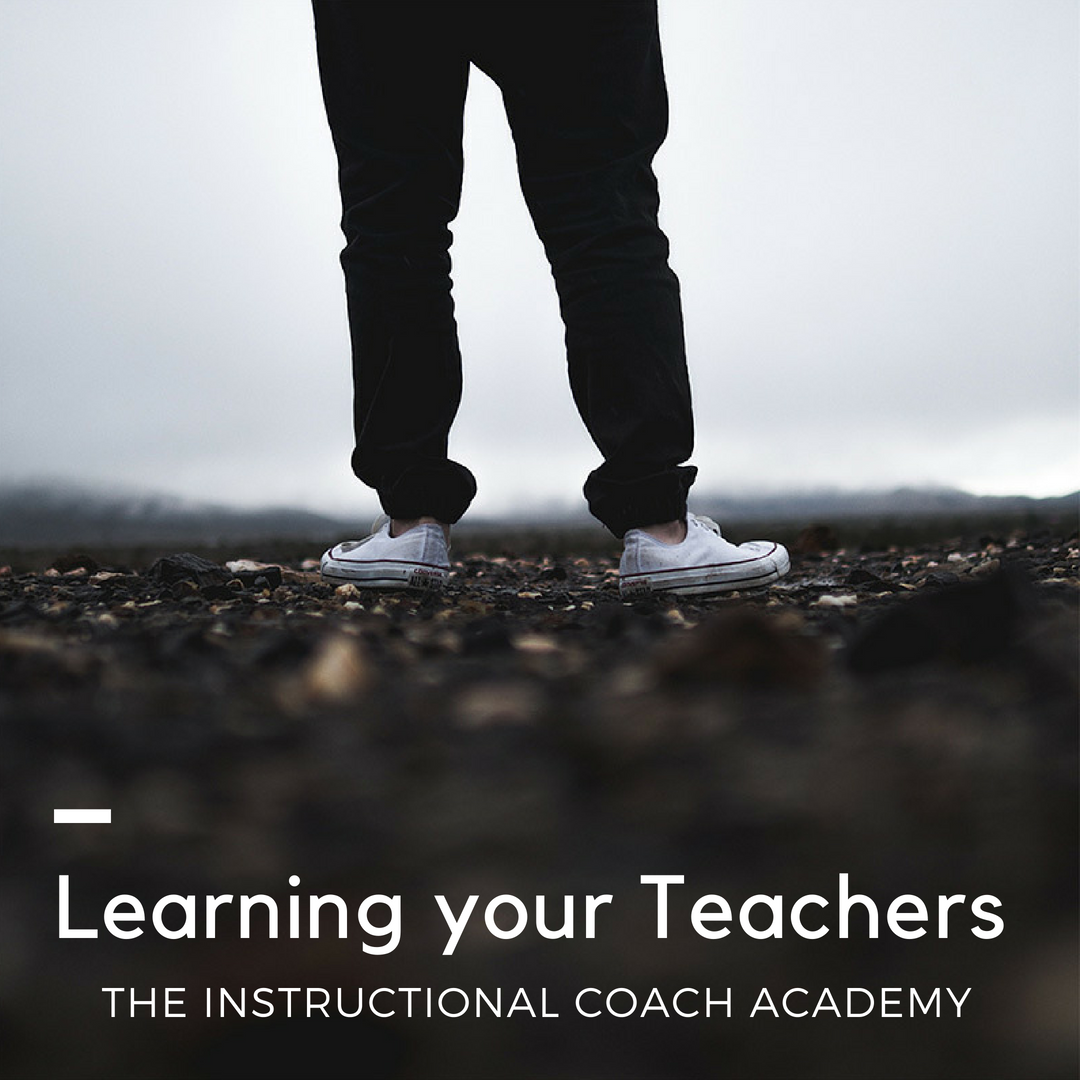Gossip and Gripes: The Instructional Coach Chronicles
People talk. They gossip. They gripe about their colleagues. As a coach, I feel like I hear it all. To be successful, though, I can’t participate, no matter how tempting. It isn’t because I don’t enjoy gossip. And certainly, it isn’t because I have no […]


![[September] Teacher Self-Care Calendar For Teachers](https://theinstructionalcoachacademy.com/wp-content/uploads/2018/09/September-Self-Care-Calendar.001.jpeg)





